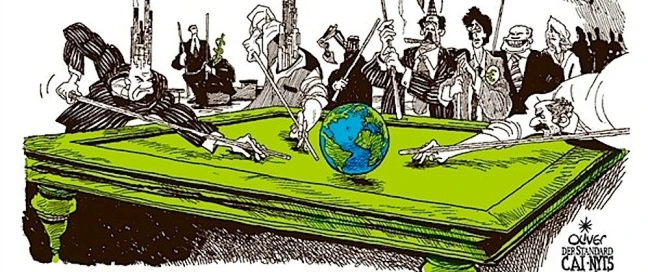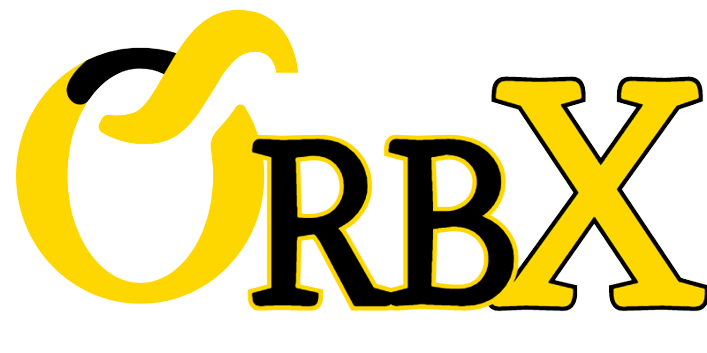Mastering Political Development: Proven 8 Strategies to Empower Your Nation

1. National Sovereignty and State Integrity:
- Emergence of National Sovereignty: This involves a state’s ability to independently govern itself without external interference. It is the foundational aspect of political development, where a state establishes its authority and legitimacy on the global stage.
- State Integrity: This refers to the cohesion and unity of a state, ensuring that its territorial boundaries are respected and maintained. It also includes the state’s ability to uphold commitments in international relations, fostering a stable environment for political and economic interactions.
2. Domestic Attributes:
- Constitutional Order and Political Stability: The development of a clear, well-structured constitution that defines the political framework, rights, and responsibilities within the state. Political stability is achieved when there is consistent governance, reducing the likelihood of upheaval or disorder.
- Governmental Framework and Leadership Succession: Establishing a reliable system for leadership transition to prevent power vacuums or conflicts. This includes creating institutions that ensure a smooth transfer of power, thus contributing to long-term political stability.
- Territorial Administration: Effective governance across all regions of the state, ensuring that central policies are implemented locally. This includes administrative divisions and local governance structures that integrate with the central government.
- Legal-Rational Authority: A concept developed by Max Weber, where authority is based on legal norms and rules rather than personal power. It includes the institutionalization of laws and bureaucracies that enforce these laws impartially.
- Bureaucracy: A system of government where state officials are employed based on merit and professional qualifications. Key characteristics include:
- Division of Labor: Specialized tasks are divided among different departments or officials to increase efficiency.
- Functional Specialization: Officials and departments focus on specific areas of governance to enhance expertise and effectiveness.
- Hierarchy and Chain of Command: A structured system where orders and responsibilities flow from higher to lower levels.
- Merit-Based Recruitment: Hiring and promotion based on qualifications and performance rather than nepotism or patronage.

3. State Capacity and Governance:
- Resource Mobilization and Allocation: The ability of the state to gather resources (e.g., taxes, natural resources) and distribute them effectively for public goods and services.
- Policy Implementation: The process of translating policy decisions into actionable programs and projects that achieve desired outcomes.
- Problem-Solving and Adaptation: The state’s capacity to address emerging issues and adapt to changing circumstances, ensuring sustained progress and stability.
- Good Governance: Effective, efficient, and transparent administration that minimizes corruption and promotes public trust. Good governance involves accountability, rule of law, and inclusiveness.
4. Theoretical Perspectives:
- Marxist View:
- Class Consciousness: Awareness among the working class of their exploitation and the need for collective action against the capitalist system.
- Political Organization: Formation of political movements and parties representing the interests of the proletariat.
- The overthrow of Capitalism: The ultimate goal of achieving a classless society through revolution and the establishment of communism.
- Liberal Democracy:
- Accountable Government: Political leaders are answerable to the public and can be removed through democratic processes.
- Participatory Opportunities: Citizens have avenues to participate in decision-making, such as voting, public consultations, and civil society activities.
- Freedoms of Association and Expression: The right to form groups, protest, and express opinions without fear of repression. This is crucial for a vibrant democratic society.

5. Economic and Political Linkages:
- Literacy and Plural Interest Groups: Economic development often leads to higher literacy rates and the emergence of diverse interest groups that advocate for different segments of society, fostering political pluralism.
- Financial Power and Economic Strength: Independent economic power bases can challenge and check political authority, leading to a more balanced and representative governance structure.
- Social Conflict Moderation: Economic differentiation creates overlapping interests among various groups, reducing the potential for severe conflicts and fostering a cooperative political environment.
6. Contemporary Views:
- Democratization and Good Governance:
- Constitutive and Conditional: Democratization and good governance are both essential for political development and necessary for sustained economic growth.
- Rule of Law: Establishing a legal framework where laws are clear, publicly known, and applied equally to all, protecting property rights and fostering investment.
- Civil Society: Active participation of non-governmental organizations, community groups, and other civil society actors in governance processes, promoting accountability and inclusiveness.
- Sequencing Debate: Discussion on whether the rule of law and civil society need to be established before transitioning to liberal democracy, ensuring a stable foundation for democratic practices.
7. Challenges:
- Combining Stability with Liberalization: Achieving a balance between maintaining political order and promoting democratic freedoms, particularly in ethnically or politically divided societies.
- Economic Restructuring: Managing the social and political impacts of economic reforms, such as structural adjustments, which can lead to public dissatisfaction and extremism. This involves careful policy planning to mitigate negative effects while promoting long-term development.

8. Cultural and Informal Aspects:
- Informal Institutions: Understanding the role of patron-client relationships, where individuals or groups provide support to political leaders in exchange for favors or protection. These relationships can significantly influence political dynamics.
- Political Culture: The collective attitudes, values, and beliefs about politics that shape citizens’ expectations and behavior. Political development requires nurturing a culture that supports democratic norms and active civic engagement.
- Limits of External Imposition: Recognizing that political development cannot be easily imported or imposed from outside; it must evolve organically within the specific cultural and historical context of each society.




